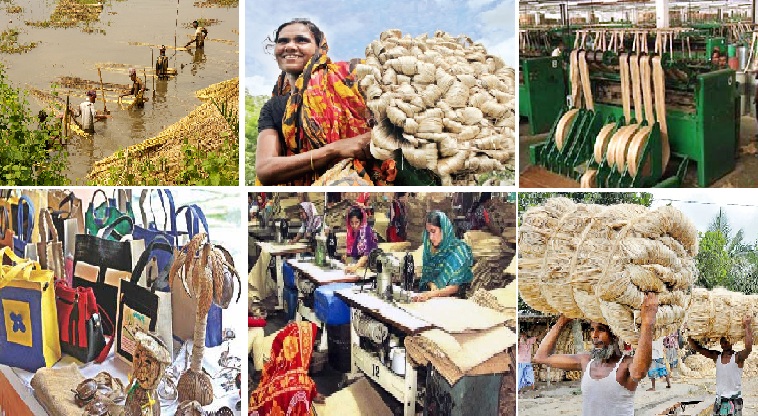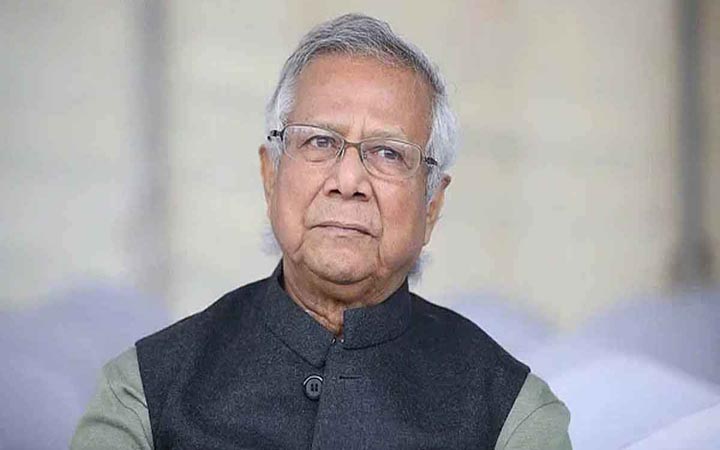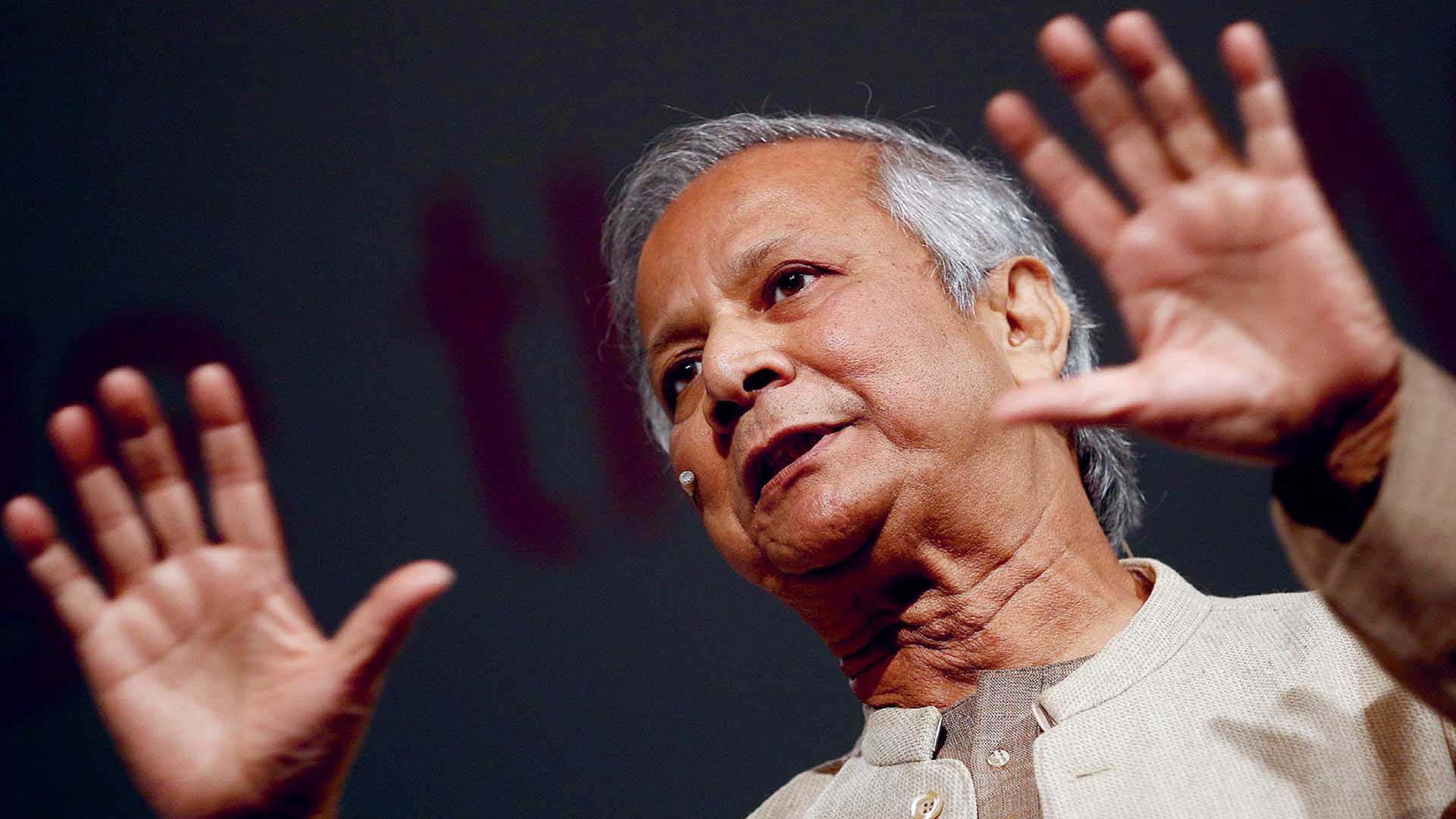The government's plans to revitalise the flagging jute sector through public-private partnerships have been met with scepticism from stakeholders in the industry.
It came after the government announced the decision to shut production at all state-owned jute mills and transition to the PPP model in a bid to modernise the sector.
However, many exporters and traders believe the industry's fortunes could have been turned around without closing the mills down. Others said the plans to run the mills under PPPs are unlikely to be successful in the current climate.
Even if the move ends up having the desired impact, the process will be lengthy and cumbersome, which could see the country lose its competitiveness in the global market.
Some also pointed out that the state-owned jute mills were mired in 'corruption' and 'profligacy' alongside ageing infrastructure. Under the circumstances, it is doubtful that the private sector could suddenly step in and reverse the rut.
"The government is now promising to reopen the jute mills in six months time. But who from the private sector would be willing to take charge of those? These factories are already dilapidated and equipped with machinery that is up to 60 years old," said Lutfur Rahman, senior vice chairman of Bangladesh Jute Goods Exports Association.
"Even if someone is willing to take over a mill, it will take a lot of time and investment. They would have to figure out what investment would come from the government and banks, their liabilities and the status of loans... the process could take up to a year. The government will then float the tender and after that maybe they'll be able to assume control."
The 26 jute mills under the Bangladesh Jute Mills Corporation have been incurring losses for years, turning profits in just four of the last 44 years. These incurred a cumulative loss of Tk 106.74 billion while the government provided subsidies worth Tk 106.74 billion in this sector over the last 48 years, according to official data. The move to shut down the mills will also send about 25,000 workers at 26 jute mills into early retirement under a scheme, euphemistically called a golden handshake.
Textiles and Jute Minister Golam Dastagir Gazi is hopeful that the state-owned jute mills will be up and running soon with modern equipment under the PPP model.
But the past experiences of privately-run jute mills are also not very promising, with many having closed down due to heavy financial losses. In 2017, the government took over four jute mills from private owners for breach of contract.
It will be important to see how the public and private sectors combine their mentalities, said Lutfur. But it may take 'more than two years' to modernise and restart the mills, according to him.
"We will have to survive on raw jute exports alone if the shutdown continues while our competitor countries will have established a foothold on the jute products market."
The government can modernise the state-owned jute mills without bringing them under the purview of PPP, according to Abdul Barik Khan, secretary-general of Bangladesh Jute Mills Association.
"The mills are already in operation. They can just upgrade the machinery in six months."
"There would still be buyers if the mills were in operation. This is the season for jute but no-one will buy it if the mills are closed now. The price will jump from Tk 1,500 to Tk 2,500 per maund. Also, the raw jute will perish. Therefore, the government could have kept the mills running while thinking about switching to PPP or BMRE (Balancing, Modernisation, Rehabilitation and Expansion)."
Khan believes that even if the private sector entrepreneurs take over the jute mills through PPP, they will not be willing to take on the preexisting liabilities.
"The government could retain a 49 percent stake in the mills while giving 51 percent to the private sector. But that has to be free from any liability," he said.
"The Indian government has provided a 20 percent incentive to the private sector and asked them to sell off the old machinery and buy new ones. But we don't have any government investment in the private sector. Why should we accept the old liability then?"
Bangladesh Jute Spinners Association General Secretary Shahidul Karim suggested establishing new industries instead of jute mills as the demand for jute products is diminishing quite fast.
"We need to decide first if there's a demand for jute products. Earlier, the jute mills were privatised under the condition that they can produce only jute products. Now with the falling demand, where shall we sell the jute products?"
"Look at Adamjee. After the hue and cry, the jute mill was replaced with an EPZ, providing employment to many workers and contributing to the












